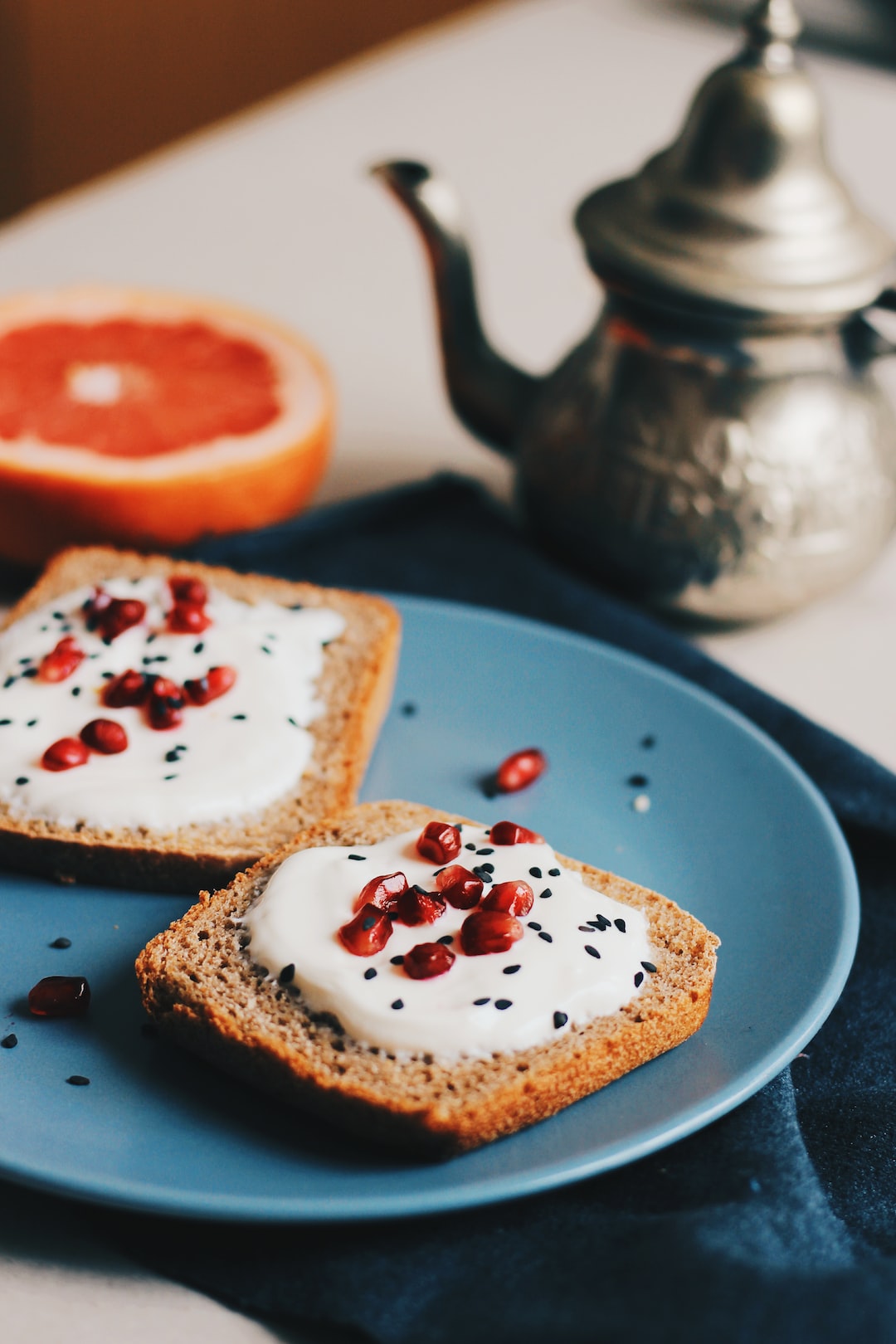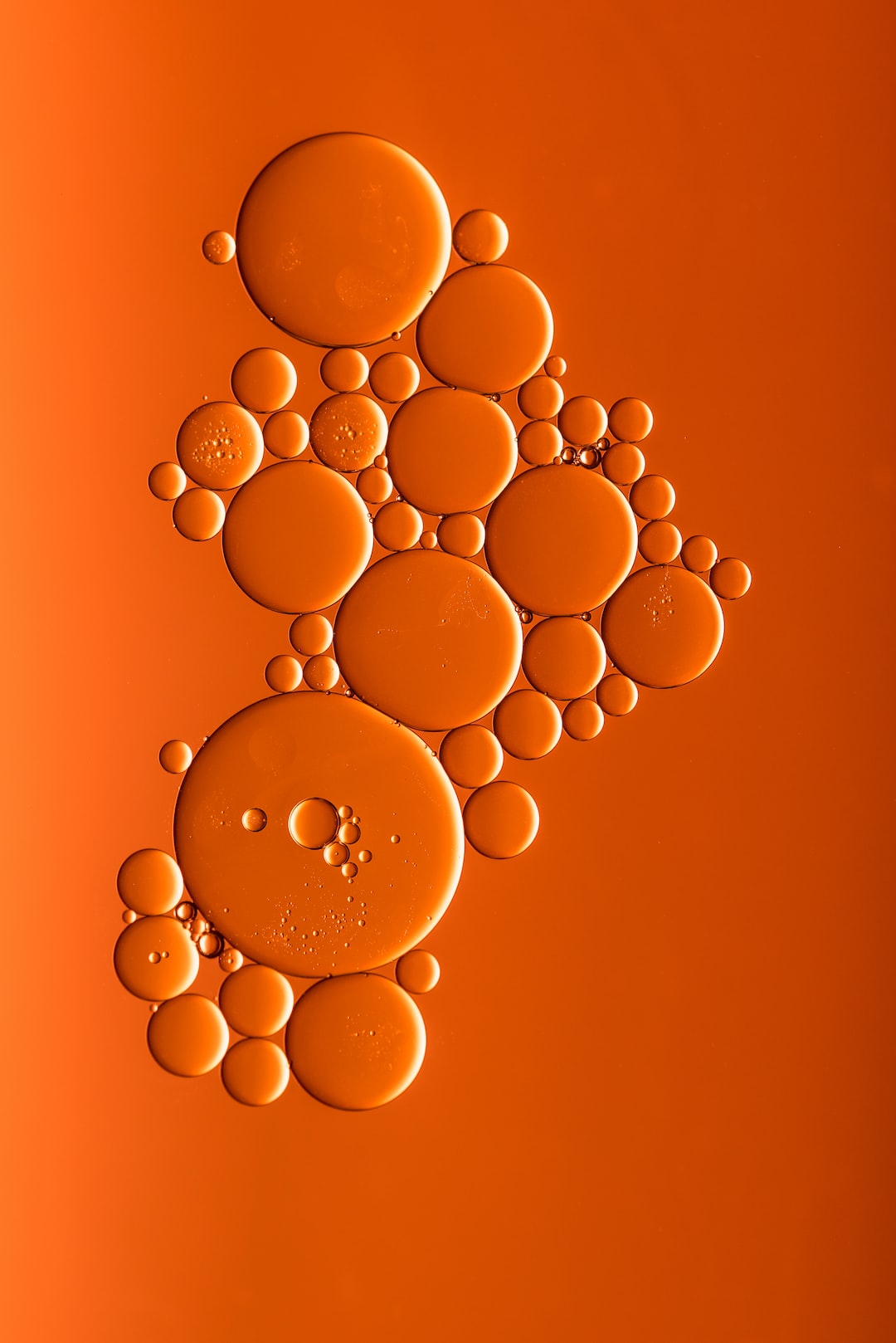


Throughout the body, hormones act as chemical messengers to control processes as varied as metabolism and reproduction. Hormones are a key contributor to acne outbreaks. Androgens and insulin are the two primary offenders. Androgens, sometimes known as “male hormones,” are produced in both sexes but are far more abundant in men than in women. The hormone insulin aids in sugar metabolism.
Oil production by the sebaceous glands can be stimulated by an increase in any of these hormones. As a result, your pores may become blocked and you may experience an outbreak. However, these hormones can increase cell production in the skin, which can clog pores. Although there is currently no foolproof method for avoiding hormonal acne, its severity can be mitigated using a variety of therapies. Oil production can be controlled using topical retinoids, while hormone levels can be maintained with oral contraceptives.
Why do teens have more acne than adults, and what role do hormones play ?
It is believed that hormones have a role in the development of acne, however this is not yet proven. The levels of the hormone testosterone begin to grow in both males and girls when puberty starts. Hormones including estrogen and progesterone are secreted in response to the rise in testosterone.
More sebum production by the sebaceous glands in response to these hormones has been linked to clogged pores and acne. Acne can be exacerbated by testosterone because the hormone promotes the development of cells in the follicle lining. While researchers have yet to pinpoint a single reason for acne, they have identified a strong correlation between hormonal imbalance and the onset of breakouts.
Is there a magic pill or cream that will get rid of hormonal acne ?
A common skin condition, acne happens when hair follicles get blocked with oil and dead skin cells. Acne is most often linked with adolescence, however it may occur at any age. Changes in hormone levels are thought to be the primary cause of hormonal acne. Hormonal acne is most often brought on by an increase in androgens, which are male hormones found in both sexes. Androgens help shape the structure of sebaceous glands, which secrete an oily material called sebum.
A buildup of sebum in the hair follicles is a common cause of acne. Many therapies exist, which is good news, because they can help keep hormonal acne under control. You can get good results from spironolactone, oral antibiotics, birth control pills, and topical retinoids. Hormonal acne can be alleviated by avoiding stress and using mild cleansers and sunscreen.
Hormonal acne and the foods that might help or hurt
Throughout adolescence and other times of hormonal fluctuation, hormonal acne is a typical condition. Several different meals can either alleviate hormonal acne or make it worse. Particularly sugary and refined carbohydrate-rich diets have been linked to insulin surges, which in turn have been linked to the production of excess oil and subsequent breakouts.
The anti-inflammatory and blemish-reducing properties of foods high in antioxidants, like as dark leafy greens and berries, are well-documented. Omega-3 fatty acids, which are abundant in seafood and flaxseeds, have anti-inflammatory properties as well. Hence, although there is no magic bullet for hormonal acne, one effective strategy is to pay close attention to one’s nutrition.
Practical advice for coping with stress
Although stress is inevitable, it shouldn’t be allowed to control your life. You may lower your stress levels by a variety of means, such as physical activity, relaxation techniques, and optimistic thinking. You should also schedule regular breaks, eat well, and get plenty of sleep. Caffeine and alcohol are known stressors, therefore avoiding them is recommended. Get medical or mental health attention if you find yourself unable to handle stress. You may reduce the level of stress in your life and get a better sense of equilibrium and relaxation with some effort and adjustments to your current way of living.
Although we can’t eliminate the hormonal factors that contribute to acne altogether, we can take steps to mitigate their effects. It is possible to cure hormonal acne and avoid more outbreaks if we recognize the connection between hormones and the condition. Key aspects in maintaining healthy, clean skin include using the correct products, having a balanced diet, and minimizing stress. I was wondering if you could share any strategies you’ve found effective for avoiding or dealing with hormonal acne.
Any concerns ? Seek medical advice
Hormones can play a role in a wide range of physical and mental symptoms, so it’s best to consult a doctor if you’ve been having issues. A doctor can help you figure out what’s going on and provide you the best therapy for it.
DISCLAIMER: THIS WEBSITE DOES NOT PROVIDE MEDICAL ADVICE
The purpose of this website is to promote broad consumer understanding and knowledge of various health topics. Content has not been written nor reviewed by a medical professional or medical institution. It is not intended to be a substitute for professional medical advice, diagnosis or treatment. Always seek the advice of your physician or other qualified health care provider with any questions you may have regarding a medical condition or treatment and before undertaking a new health care regimen, and never disregard professional medical advice or delay in seeking it because of something you have read on this website.
Please refer to our terms of use
DISCLAIMER: THIS WEBSITE DOES NOT PROVIDE MEDICAL ADVICE
The purpose of this website is to promote broad consumer understanding and knowledge of various health topics. Content has not been written nor reviewed by a medical professional or medical institution. It is not intended to be a substitute for professional medical advice, diagnosis or treatment. Always seek the advice of your physician or other qualified health care provider with any questions you may have regarding a medical condition or treatment and before undertaking a new health care regimen, and never disregard professional medical advice or delay in seeking it because of something you have read on this website.
Please refer to our terms of use




Leave a Reply